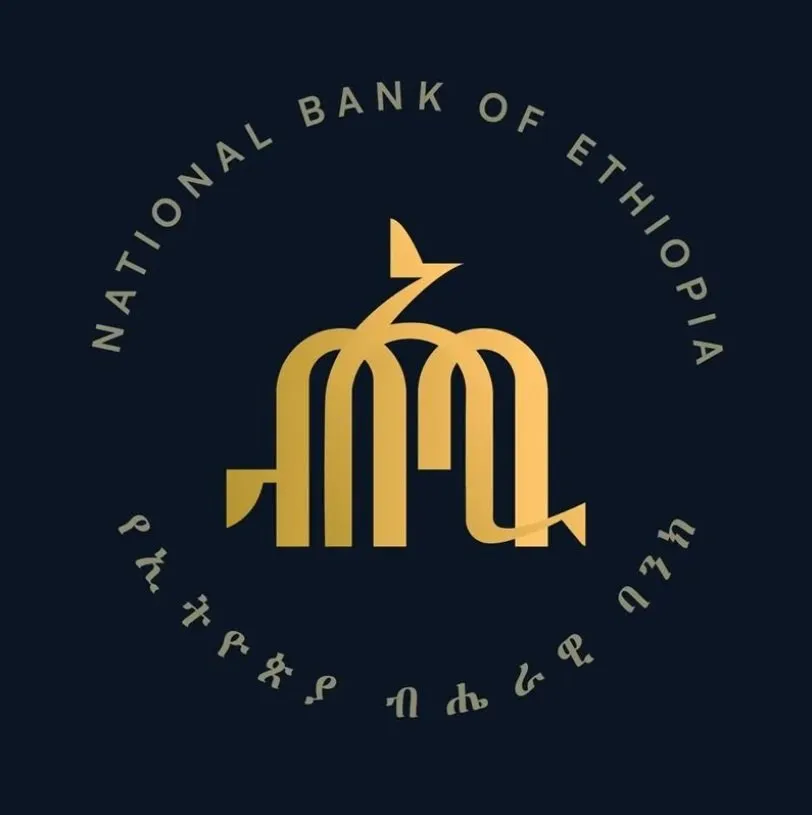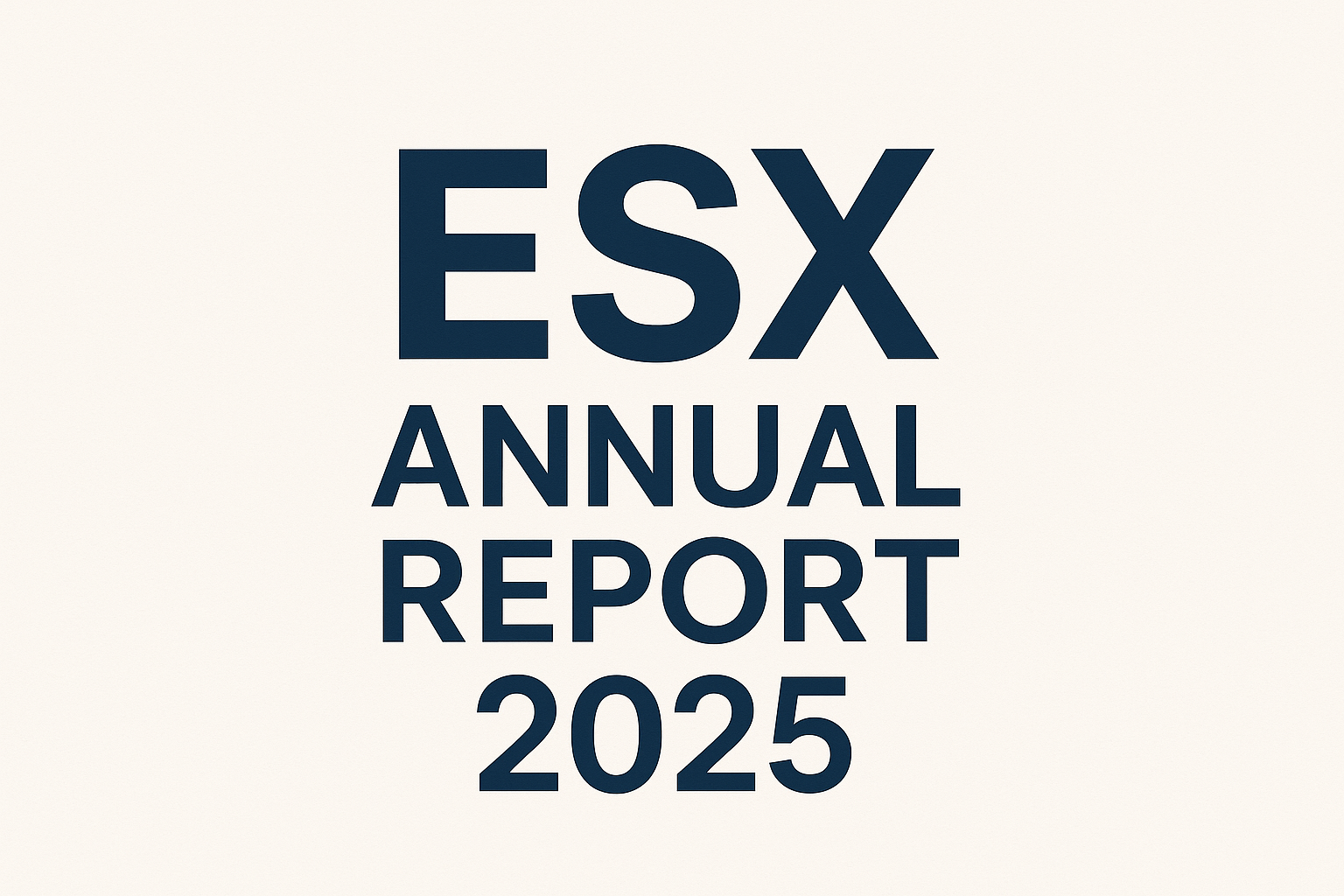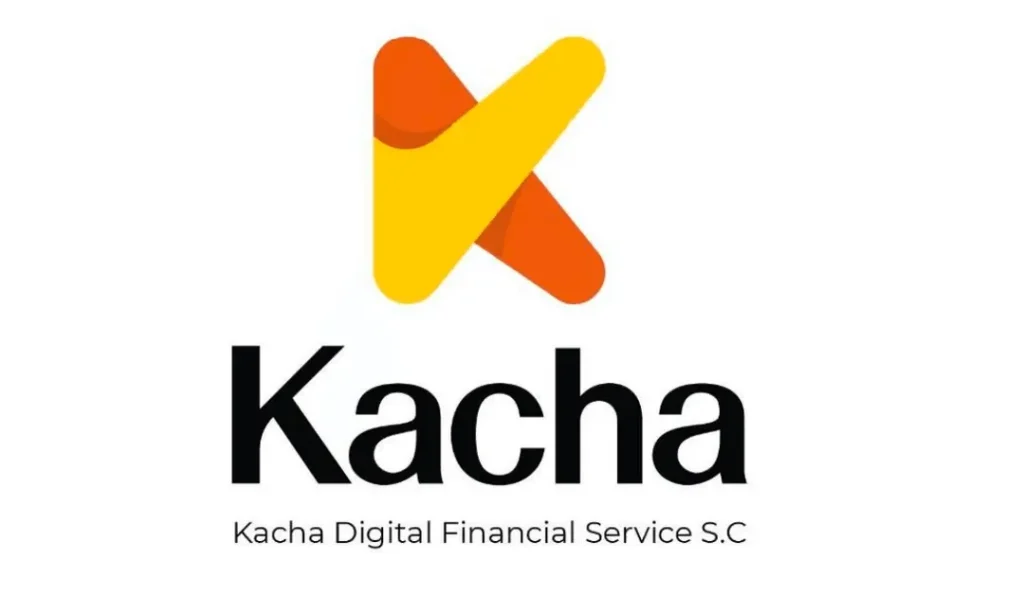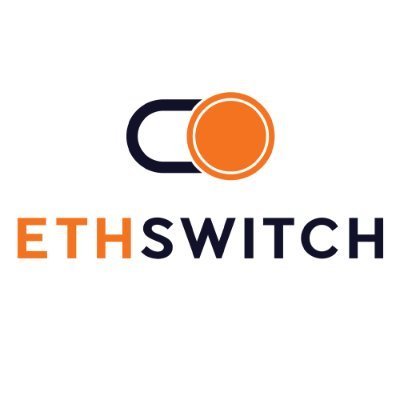The National Bank of Ethiopia (NBE) Announced Significant Reforms Foreign Exchange Market
May 20, 2025,
The reforms aimed at modernizing the foreign exchange (FX) market, enhancing financial sector competitiveness, and aligning policies with international standards. These measures are part of broader macroeconomic reforms initiated since July 2024 to stabilize Ethiopia’s economy and attract investment. Below is a detailed breakdown of the key reforms and their implications:
1. Foreign Exchange Market Reforms
– Increased Import Limits: The advance payment limit for importers has been raised from USD 5,000 to USD 50,000 per transaction, easing constraints on businesses and aligning practices with global norms.
– Travel Allowances: Personal travelers can now access USD 10,000 in FX (up from previous limits), while business travelers are permitted USD 15,000, accessible via cash or debit cards. Foreign exchange account holders may now use 20% of their FX balance through debit cards, doubling the prior cap.
– Fee Caps and Transparency: A 4% cap on bank fees for FX transactions (e.g., imports, service payments) will take effect on May 26, 2025. Banks must also disclose all FX-related fees publicly starting June 2025 to reduce hidden costs.
– Auction System Success: Bi-weekly FX auctions introduced in 2024 have boosted liquidity, helping reserves reach “record highs” and improving access to essential imports.
2. Financial Sector Liberalization
– Foreign Bank Entry: The NBE confirmed that foreign banks will begin operating in Ethiopia by late 2025, a historic shift to enhance competition and efficiency. Restrictive policies, such as mandatory bond purchases and credit caps, are being repealed to facilitate this transition.
– Basel III Alignment: New capital adequacy requirements (e.g., 7.5% CET1 ratio) were introduced to strengthen banks’ loss-absorbing capacity, mirroring global standards like Basel II/III. This aims to improve governance and risk management practices.
– Digital Transformation: The NBE emphasizes digitization and private-sector-led growth, with reforms targeting fintech innovation and diaspora banking participation.
3. Macroeconomic Stability Measures– Zero Government Borrowing: The NBE reported that government borrowing dropped to zero in 2025, a milestone linked to fiscal discipline and reduced reliance on central bank financing.
– Inflation and Monetary Policy: Despite FX liberalization, inflation remains high (~16.9% in early 2025), prompting the NBE to maintain a 15% policy rate to stabilize prices. The central bank aims to balance growth with price stability, avoiding further hikes due to improved FX reserves.
– Currency Depreciation Management: The Ethiopian birr depreciated by over 50% in 2024 after FX liberalization, but reserves and tighter monetary policy have mitigated volatility.
4. Broader Economic Impact– Export Growth: Goods exports doubled year-on-year, supported by FX reforms and reduced reliance on parallel markets. Remittances and services exports also surged.
– Job Creation: Industrial parks and green initiatives (e.g., the Green Legacy program) have generated over 100,000 jobs since 2022, aligning with Ethiopia’s inclusive growth goals.
– Digital ID Integration: The Fayda digital ID system, linked to financial services, has enrolled 15 million citizens, facilitating secure transactions and financial inclusion.
Challenges and Outlook
– Market Functionality: Despite reforms, banks remain hesitant to compete with parallel FX rates, signaling lingering inefficiencies.
– Implementation Risks: Smaller banks may struggle with Basel III compliance due to data and talent gaps, requiring NBE support.
– Subsidy Pressures: Inflation risks persist if fuel/energy subsidies are phased out too quickly.
These reforms mark Ethiopia’s shift toward a more open, market-driven economy, with the NBE balancing liberalization with safeguards to ensure stability. For further details, refer to the National Bank of Ethiopia.







